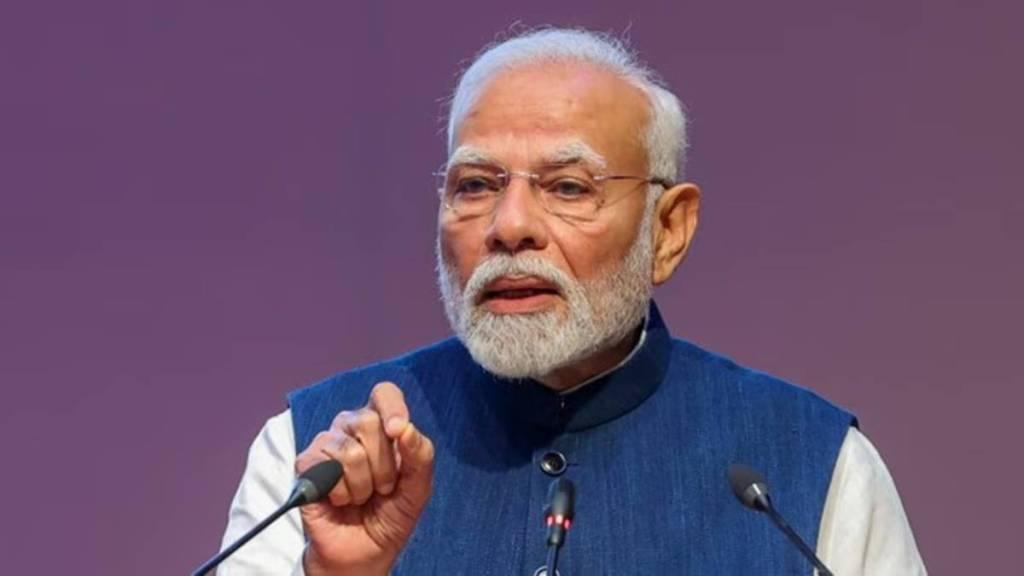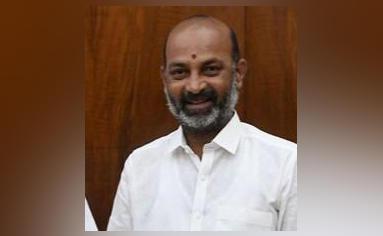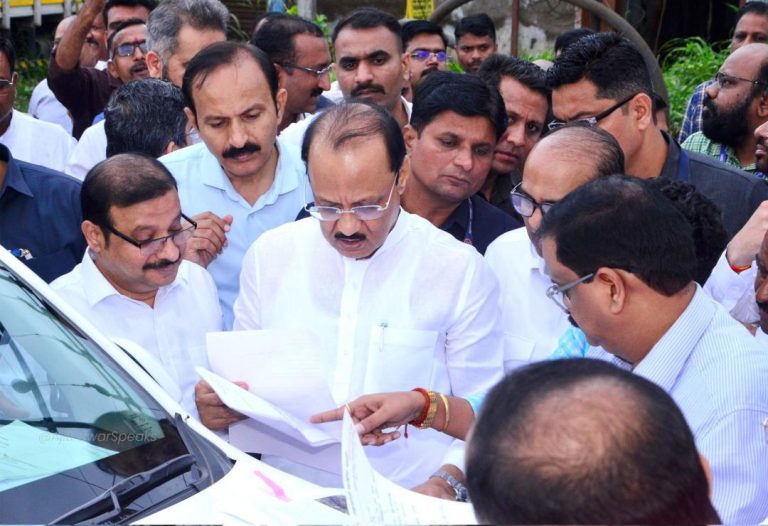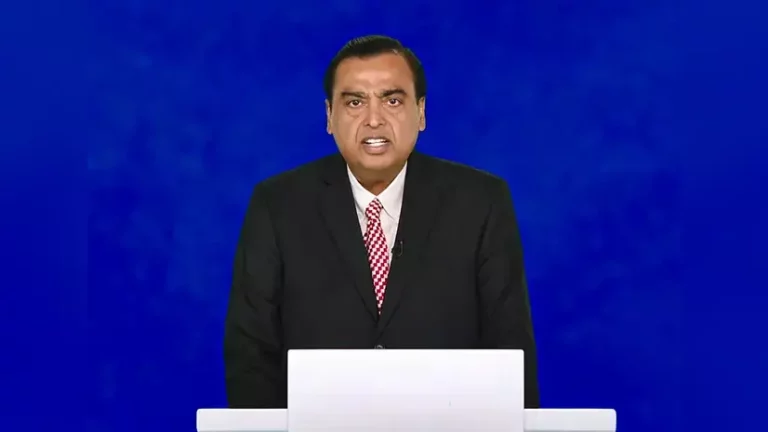
PM Modi to Chair Cabinet Meeting to Discuss Response to US Tariffs
In a move to assess the impact of the 50% tariffs imposed by the United States on Indian imports, Prime Minister Narendra Modi will chair a high-level Cabinet meeting on Friday. The government is exploring four strategies to counter the shock, including diversifying export markets, modifying the export basket, stimulating domestic demand, and fast-tracking Ease-of-Doing-Business reforms, according to sources quoted by The Financial Express.
The US had earlier imposed 50% tariffs on Indian imports worth $5.6 billion, citing unfair trade practices by Indian companies. The move has sent shockwaves through the Indian economy, with many industries and businesses already feeling the pinch.
The Cabinet meeting, which is expected to be attended by top government ministers and officials, will focus on discussing the potential impact of the tariffs on various sectors and the government’s response to the situation. The meeting is seen as a crucial step in addressing the concerns of Indian businesses and industries affected by the US tariffs.
According to sources, the government is considering four key strategies to counter the impact of the tariffs. The first strategy involves diversifying export markets to reduce dependence on the US market. This includes exploring new markets in countries such as China, Japan, and South Korea, among others.
The second strategy focuses on modifying the export basket to exclude products that are likely to be affected by the US tariffs. This could involve shifting production to alternative products that are not targeted by the tariffs, or adjusting the product mix to reduce dependence on specific sectors.
The third strategy involves stimulating domestic demand to offset the impact of the tariffs. This could be achieved through a combination of monetary and fiscal measures, such as reducing interest rates, increasing government spending, and implementing stimulus packages to boost economic growth.
The fourth strategy focuses on fast-tracking Ease-of-Doing-Business reforms to make India a more attractive destination for foreign investors. This includes simplifying regulatory processes, reducing bureaucracy, and improving the overall business environment.
The government’s response to the US tariffs is critical in mitigating the impact on the Indian economy, which is already facing challenges such as a slowing growth rate, high inflation, and a widening trade deficit. The US tariffs have added to the woes of Indian businesses, which are already grappling with the effects of demonetization and the Goods and Services Tax (GST).
The Indian government has been trying to negotiate with the US to reduce the tariffs, but so far, there has been no breakthrough. The US has been insisting that India must agree to certain trade-related reforms, including opening up its markets to US agricultural products and pharmaceuticals, before the tariffs are reduced.
In the meantime, the Indian government is exploring alternative options to mitigate the impact of the tariffs. The Cabinet meeting is seen as a crucial step in this process, as it will provide a platform for officials to discuss the potential impact of the tariffs and the government’s response to the situation.
As the Indian economy navigates the challenges posed by the US tariffs, it is clear that the government’s response will be critical in determining the country’s growth trajectory. The Cabinet meeting is an important step in this process, and the outcome will be closely watched by businesses, investors, and the broader public.
Source:






